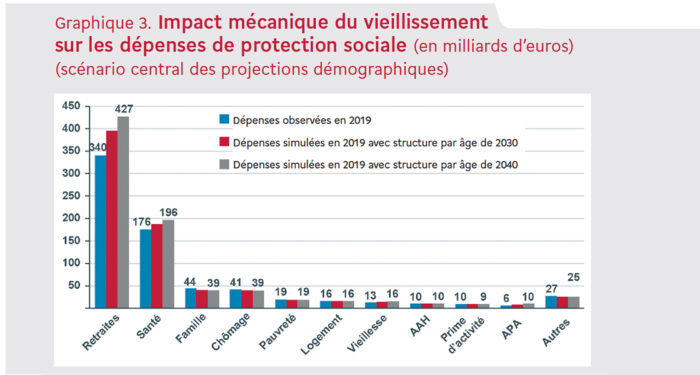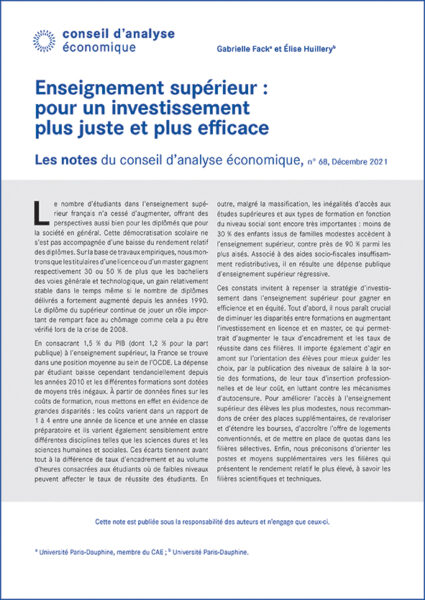In the context of budgetary crisis that has prevailed in France for many years now, the Social Security system’s recurrent deficit is a major subject of debate, a debate in which the appropriateness of “French-style” social welfare is sometimes questioned. The situation has, admittedly, changed between 1945, when the system came into being, in a period of full employment and baby boom, and today, when unemployment and an ageing population are combining to create a level of social security expenditure France finds difficult to fund.
However, as Alain Villemeur shows here, social welfare is a genuine investment in the future, provided it is correctly targeted. This has been demonstrated in economic terms, though admittedly only recently, in respect of the reception of young children into schooling and their education, and also with regard to investment in health and encouraging older citizens to work (“active ageing”). Drawing on these studies and international comparisons, Villemeur details the advantages of investment in these fields of social welfare and the positive knock-on effects that can ensue. He then examines the various possible sources of funding in France for the implementation of such future investments which, in his view, have to foreshadow a paradigm-change in which the Welfare State gradually gives way to a Social Investment State.



